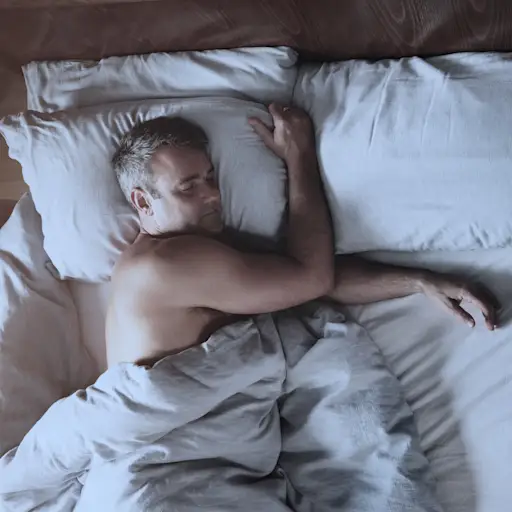You Have Low Testosterone—Now What?
Testosterone is themain male sex hormone—the reason you can grow a killer mustache and build strong biceps. But that’s not all. Testosterone, made in the testicles, takes care of some of your body’s toughest jobs, including cell production and the development of healthy bones. When testosterone levels drop (referred to as low T), your health, sexual appetite, mood, and metabolism can get out of whack. Some men with low T opt for hormone replacement therapy or other treatments. Fortunately, if you’re one of the 20% of men with low T, there are lifestyle tweaks you can also make to support healthy testosterone levels.
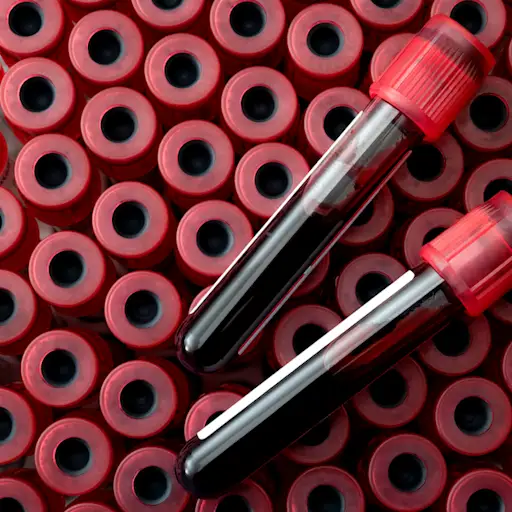
First, Confirm Your Low-T Diagnosis
The term “low T” is thrown around a lot, which can prompt you to make some serious lifestyle changes if you suspect you have it. It’s important to see an endocrinologist or reproductive specialist to verify that your symptoms are, in fact, low T and not something else, like a pituitary gland issue, a mental health problem, or a problem with your testes, explains Barrett Cowan, M.D., co-founder and Chief Medical Officer of Posterity Health in Greenwood Village, CO. See your doctor about testing your free testosterone (a.k.a. the amount of testosterone that is available for use within the body) levels.
Get More Sleep Every Night
TheWorld Journal of Urologyfound that impaired sleep was associated with low testosterone. Here’s what you should do: “Get the same number of hours of sleep per night, with a minimum of six hours,” says S. Adam Ramin, M.D., urologist and medical director of Urology Cancer Specialists in Los Angeles.Researchshows getting five or less hours of sleep per night leads to a 10% to 15% decrease in testosterone levels, even in young, healthy men. To start improving your sleep habits, “Go to bed and wake up at the same time. This will regulate testosterone cycles,” Dr. Ramin says.
Limit Sleep Interruptions
In addition to more sleep, you want better sleep. How? To start, make sure you’re sleeping through the night, Dr. Ramin says. The science is clear: Waking up throughout the night is going to do more than make you grouchy. Poor sleep quality can also mess with your hormones. A study in theInternational Journal of Endocrinologyfound that “sleep disruption may result in a cumulative sleep deficit, leading to increased sympathetic nerve activity and elevated evening cortisol.” Cortisol is known as the ‘stress hormone,’ and high levels of it canreduce testosterone.

Skip the Added Sugar and Processed Carbs
Eating healthy is a win/win when it comes to low T. Not only will you boost your overall health, but smart eating can reduce belly fat. And when it comes to low T, reducing belly fat is the name of the game. “Men who have a lot of belly fat generally tend to have low testosterone because their naturally-made testosterone gets converted into estrogen by the adipose, or body fat,” Dr. Ramin explains. To lower your belly fat, cut back on empty carbohydrates like white bread and pasta, foods with added sugars, baked goods, and alcohol.
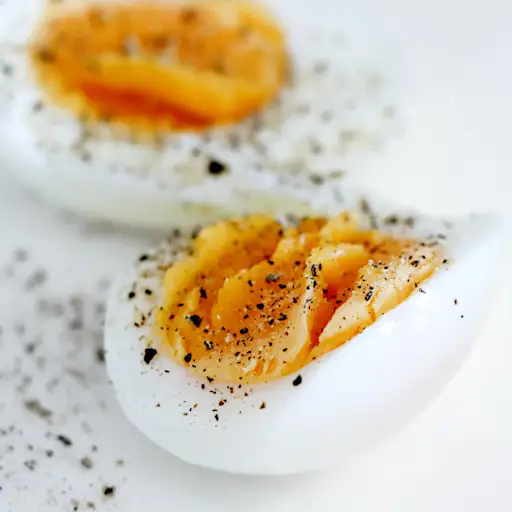
What to Eat to Boost Your Testosterone
Reach for foods with a moderate amount of cholesterol and some healthy fats, like eggs, Dr. Ramin says. (A diet too low in fat diet will lead to low testosterone, he explains.) But on the other hand, don’t go all-in on fatty foods, either. “Keto is not recommended because it changes the metabolism of the body,” says Dr. Ramin. “It is not balanced enough to allow a person to exercise the right way, which is important for testosterone.” A safer bet? The Mediterranean diet, which contains enough healthy fats to support testosterone levels. Want to try it?Download the Mediterranean Diet & Meal Plan App.
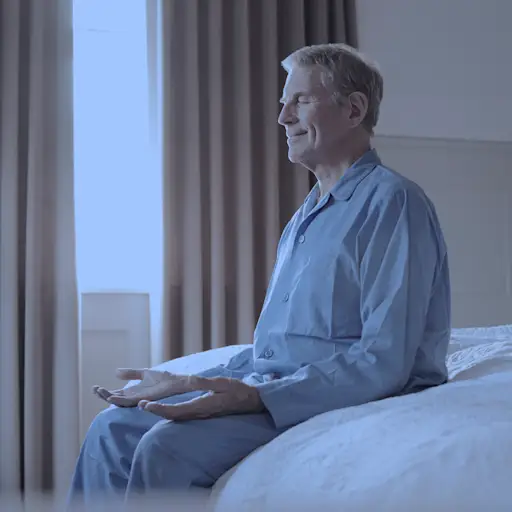
Curb Your Stress
Everyone lives with some level of stress; that’s totally normal. It’s whether or not you manage it that counts. “High levels of stress are associated with low testosterone levels,” Dr. Ramin explains, “which is why stress management is so important.” When you’re stressed, your body releases the hormone cortisol, which can wreak havoc on your hormonal health. The goal? Adopt a daily stress-management routine that works for you—and stick to it. Maybe it’s taking more time for yourself, limiting exposure to stressful situations, adopting a mindful meditation or yoga practice, or going for more walks in nature.
Get Moving
Studies have found a direct correlation between regular cardiovascular exercise and testosterone production. According to research in theThe World Journal of Men's Health, aerobic activity has a significant positive effect on testosterone levels. Dr. Ramin suggests “the elliptical, jogging, the treadmill, or anything that raises your heart rate in a sustained manner for 30 minutes per day.” That same study found that cardio is more effective than strength training for boosting T levels, so along with lifting weights, consider adding a HIIT class, jogging, or taking more daily steps at a fast pace.
Consider Hormone Replacement Therapy
If you are experiencing symptoms of low T, you’re not alone. Speak to your doctor about taking a prescription for hormone replacement therapy, which can help boost your testosterone levels and alleviate your symptoms.Hormone replacement therapycan be done via injection, topical preparations (like patches), pellets implanted under the skin, or intranasally (meaning you’ll stick it up your nose). There are pros and cons to replacement therapy so be sure to talk with your doctor about what is right for you.
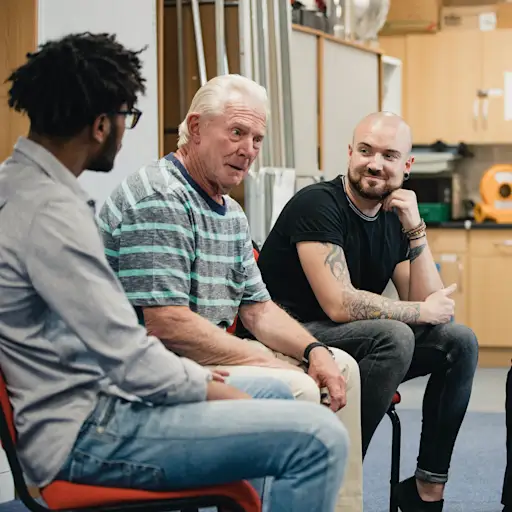
Don’t Let Stigma Stop You
Even though low testosterone occurs naturally in aging me, and can occur in young men as well, there is a perceived stigma attached to the idea of low T. According to theUrology Times, “many men feel stigma and are less likely to seek care for low libido and erectile dysfunction,” byproducts of low testosterone. You don’t have to be afraid to speak up. Talk to your doctor, and seek out a support group on Facebook, likeManning Up, or through your local hospital.
Low Testosterone: (1):Urology Care Foundation. (N.D.) “What is low testosterone?”https://www.urologyhealth.org/urology-a-z/l/low-testosterone
Low Testosterone: (2):National Library of Medicine. (2020.) “Testosterone.”https://medlineplus.gov/ency/article/003707.htm
Low Testosterone: (3):Urology Care Foundation. (N.D.) “What is low testosterone?”https://www.urologyhealth.org/urology-a-z/l/low-testosterone
Low Testosterone and Sleep:Would Journal of Urology. (2019.) “Impaired sleep is associated with low testosterone in US adult males: results from the National Health and Nutrition Examination Survey.”https://pubmed.ncbi.nlm.nih.gov/30225799/
Low Testosterone and Sleep: (2):JAMA. (2011.) “Effect of 1 Week of Sleep Restriction on Testosterone Levels in Young Healthy MenFREE.”https://www.ncbi.nlm.nih.gov/pmc/articles/PMC4445839/
Low Testosterone and Sleep: (3):International Journal of Endocrinology. (2015.) “The Impact of Sleep and Circadian Disturbance on Hormones and Metabolism.”https://www.ncbi.nlm.nih.gov/pmc/articles/PMC4377487/
Testosterone and Cortisol:Journal of Sports Science and Medicine. (2005.) “Relationship Between Circulating Cortisol and Testosterone: Influence of Physical Exercise.”https://www.ncbi.nlm.nih.gov/pmc/articles/PMC3880087/
Testosterone and Cortisol:(2):World Journal of Men’s Health. (2018.) “Which Exercise Is Better for Increasing Serum Testosterone Levels in Patients with Erectile Dysfunction?”https://www.ncbi.nlm.nih.gov/pmc/articles/PMC5924956/
Hormone Replacement Therapy:Endocrinology. (2022.) “Hypogonadism is Men.”https://www.endocrine.org/patient-engagement/endocrine-library/hypogonadism
Stigma Attached to Low T:Urology Times. (2021.) “Testosterone levels show steady decrease among young US men.”https://www.urologytimes.com/view/testosterone-levels-show-steady-decrease-among-young-us-men
Lisa Marie Basile (she/her) is a health writer, chronic illness advocate, and author of a few books of poetry and nonfiction, includingLight Magic for Dark Times. Her work has appeared inThe New York Times,Self



